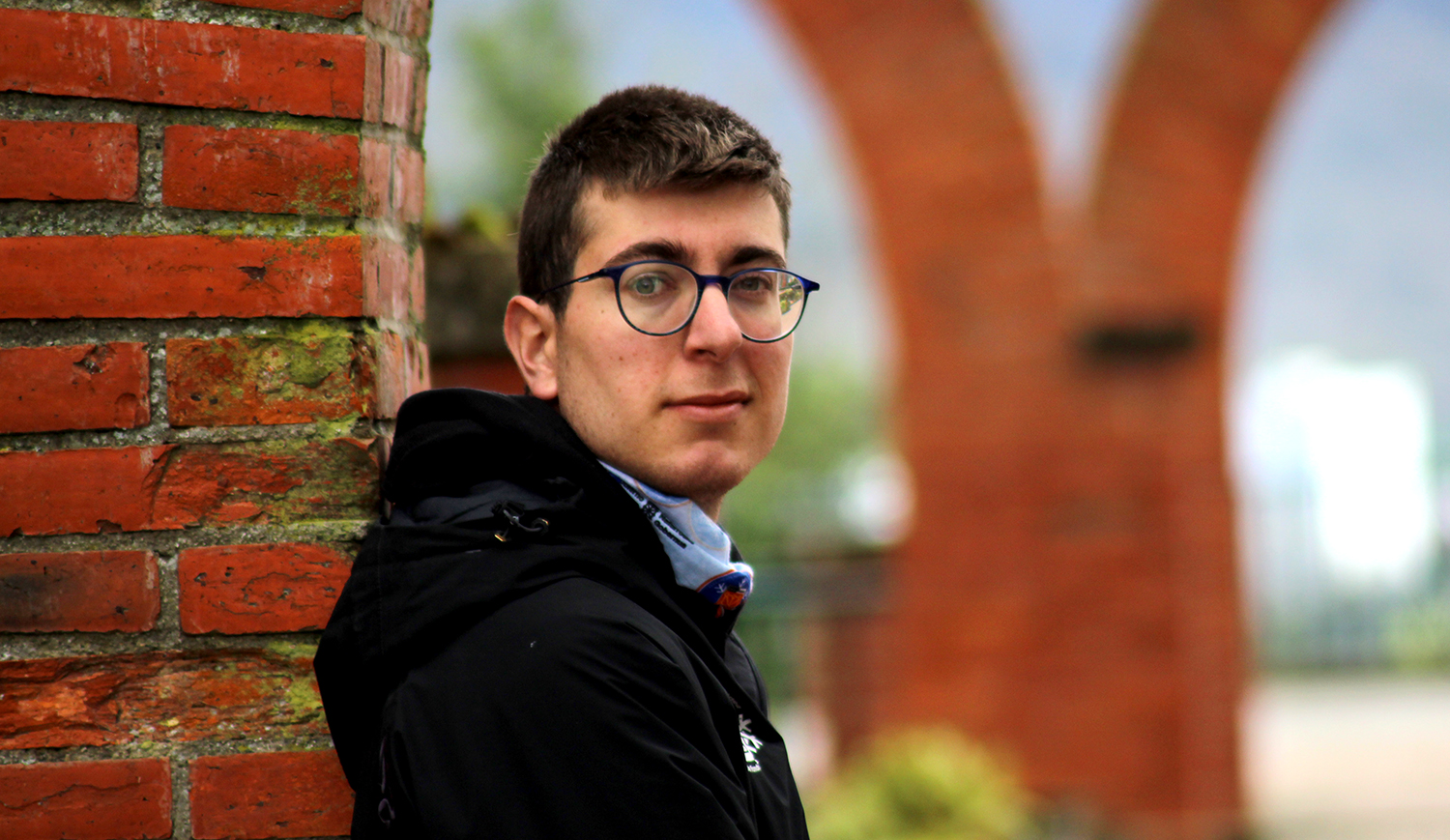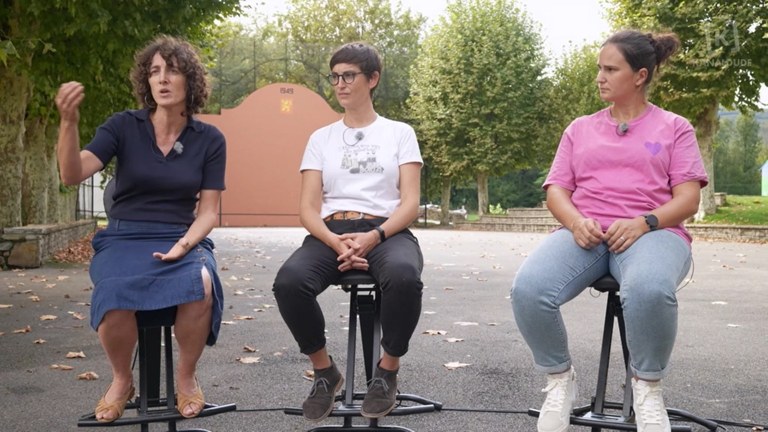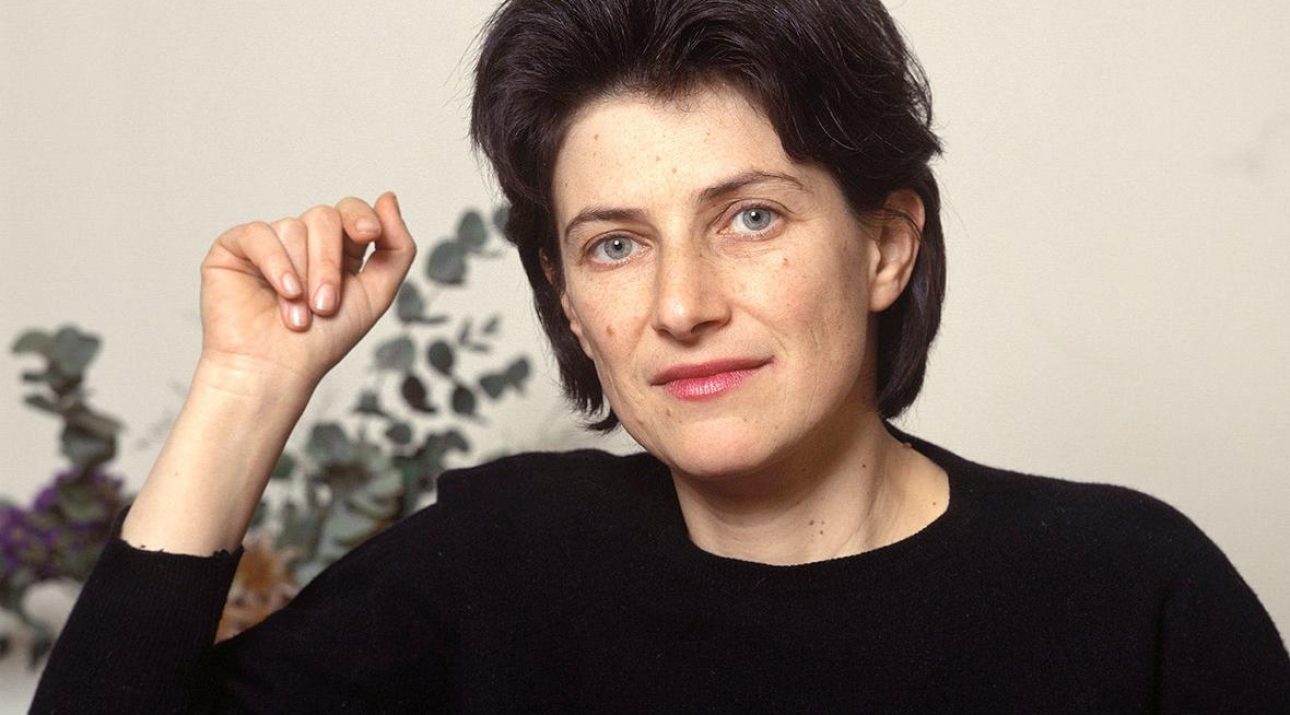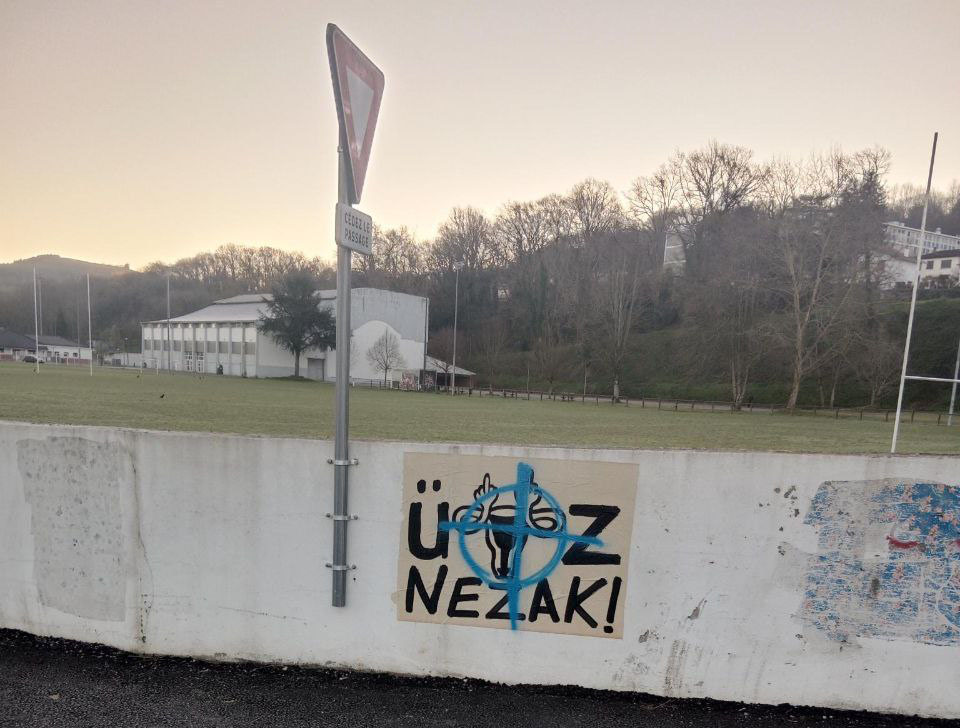Can we decolonize in colonial language?
- At the beginning of the month we went to the Feminist Conference of the Basque Country a group of women* from the region. They told us that there was broth and we were eager to try the broth. As soon as they tested it, the bowels got entangled and the predictions were fulfilled as expected. We learned many visions and reflections, all enriching and useful tools for teaching.

Now, on the return of Durango, we are at home, among the mountains that have been our shelters for centuries. Here, where we feel calm and secure, at our pace, in our corner, we have had time to reflect on our oppression and privilege.
They told us without hair in their mouths in Durango, each with their truth. We are grateful for the diffusion of photography of the different realities and start from the reflection on the recognition of all these oppressions. Because in one way or another we are all privileged and oppressed, leaving aside hierarchies. As women* of oppressed people and class, because we are clear that the pain of others is ours, and that we will not be free until we are all free.
In the abovementioned days, like many others, we felt that our struggle was marginalized, invisible and second-rate. Although it was announced that Euskera was going to be in the middle, we soon realized it was going to be the other way around. In the talks, workshops and debates that were held, the use of Euskera did not reach 40%.
We had to listen to some messages from the attendees in colonial language. At some point, in addition, from a position of pride and power, they wanted to sell that the colonial language was more appropriate than the Basque language, making us understand that the Basque language is not useful to explain some things. We have as many examples as to fill out this page to count the attacks on the rights of Euskaldunes. Without any kind of work to manage these kinds of situations. We are in a permanent colonization of this colonized country.
The oppression is so invisible that at the end of the days, again from a position of power, they wanted to make us believe that the treatment given to the Basque was worthy of celebration. There was no self-criticism of the situation of exclusion suffered by the Basque Country.
To sum up: the language is not neutral, there are two oppressive languages in this people (Spanish and French) and another oppressed (Basque). The most important and effective weapon of colonization is language, and every time we use colonial language in this country, we delve deeper into our colonization and move away from decolony. Thus, speaking in Basque is a feminist action.
Language, among other things, gives us a way to see the world. As in other peoples of origin, it is an essential tool for communication and balance with the earth. What gives name to our mountains, to our rivers, to animals and to trees teaches us the way. It is a vision especially maintained in the rural environment, which is ordinarily covered by the brick and cement of the cities. It has become clear that in these days, because we know the city, the citizens have no news of our own. Rural women* have been especially in the focus of the heteropatriarchal and colonial system for our historical role in the defense of land and language. As we theorize from Euskal Hiria, Euskal Herria is drowning. In this constant attack on land and language, our lacunae from feminism are obvious. Although the defence of land and of native peoples is the defense of life itself.
Looking to the future, it is clear that the job we have in our hands is to work and make this approach public. It is also clear that among the nearly 3000 women* we meet, much more unites us than separates us, and building bridges from mutual recognition, we will be able to build an Euskal Herria feminist, Euskaldun and glued to the earth. All together, in auzolan.
*Sign the following article: Inés Matxiarena (feminist group of Goldatz Bera), Uhaina Apezetxea (feminist group of Baztan), HARRI Arrijuria (Plazara dantzara), Helena Xurio (feminists of Zugarramurdi), Lorea Flores Compains (women's group of Leszaka), Mikele
Gozamen aparta bezain deskribatzeko zaila dakar, norbaiten hitzak irakurri edo entzun ostean, zera pentsatzeak: “Horixe zen neu aurreko hartan azaltzen saiatu nintzena!”. Idazlea eta itzultzailea da María Reimóndez, eta galegoz aritzen da, hizkuntza... [+]
Orain arte desgaituak ez diren pertsonekin lehiatu da Uharteko Ipar Eski Taldeko Eneko Leyun eskiatzailea (Iruñea, 1998). 2024-2025 denboraldian, lehenengo aldiz parte hartu du Adimen Urritasuna duten Pertsonentzako Iraupeneko Eskiko Espainiako Txapelketan. Urrezko... [+]
Joan den urte hondarrean atera da L'affaire Ange Soleil, le dépeceur d'Aubervilliers (Ange Soleil afera, Aubervilliers-ko puskatzailea) eleberria, Christelle Lozère-k idatzia. Lozère da artearen historiako irakasle bakarra Antilletako... [+]
Endometriosiaren Nazioarteko Eguna izan zen, martxoak 14a. AINTZANE CUADRA MARIGORTAri (Amurrio, 1995) gaixotasun hori diagnostikatu zioten urtarrilean, lehen sintomak duela lau urte nabaritzen hasi zen arren. Gaitz horri ikusgarritasuna ematearen beharraz mintzatu da.
Duela aste batzuk, gurean egon ziren El Salvadorko eta Kanarietako emakumeen eskubideen aldeko hainbat aktibista. Sexu- eta ugalketa-eskubideez eta eskubide horiek urratzeak emakumeengan dituen ondorioez aritu gara; hala nola El Salvadorren berezko abortuak izanda homizidio... [+]
Zuberoako ohiturei buruzko bi liburu ditut gogoan. Batek XX. mendean aritu izan diren 180 dantzari eta soinulari aipatzen ditu. Haien artean, emakumezkorik ez da agertzen. Besteak, pastoralei egiten die errepasoa eta hor emakumeak aipatu aipatzen dira, baina omisio esanguratsuak... [+]
1984an ‘Bizitza Nola Badoan’ lehen poema liburua (Maiatz) argitaratu zuenetik hainbat poema-liburu, narrazio eta eleberri argitaratu ditu Itxaro Borda idazleak. 2024an argitaratu zuen azken lana, ‘Itzalen tektonika’ (SUSA), eta egunero zutabea idazten du... [+]
Antifaxismoari buruz idatzi nahiko nuke, hori baita aurten mugimendu feministaren gaia. Alabaina, eskratxea egin diote Martxoaren 8ko bezperan euskal kazetari antifaxista eta profeminista bati.
Gizonak bere lehenengo liburua aurkeztu du Madrilen bi kazetari ospetsuk... [+]
Pertsona lodiek lodiak izateagatik bizi izan duten eta bizi duten indarkeriaren inguruan teorizatzeko espazio bat sortzea du helburu ‘Nadie hablará de nosotras’ podcastak. Cristina de Tena (Madril, 1990) eta Lara Gil (Fuenlabrada, Espainia, 1988) aktibista... [+]
Donostiako Tabakaleran, beste urte batez, hitza eta irudia elkar nahasi eta lotu dituzte Zinea eta literatura jardunaldietan. Aurten, Chantal Akerman zinegile belgikarraren obra izan dute aztergai; haren film bana hautatu eta aztertu dute Itxaro Bordak, Karmele Jaiok eta Danele... [+]
Martxoak 8an egindako pintaketak gainetik margotu dituzte ikur faxistekin Zuberoako hiriburuan. Horren aurrean elkarretaratzera deitu dute, astelehenean.





















